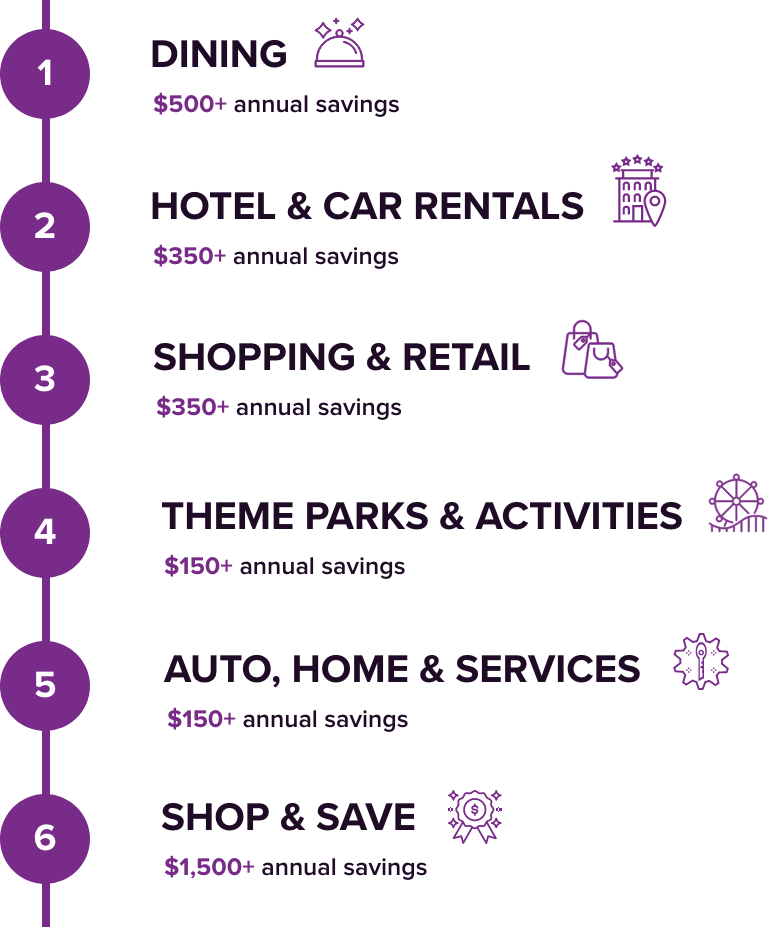Threading the Needle
Faith Driven Consumer™ (FDC) is dedicated to a specific mission: empowering you to leverage the marketplace and change the culture for greater acceptance of Christians. We aim to do so by equipping Faith Driven Consumers with tools that enable informed consumer decisions based on faith driven convictions. It’s what we strive to accomplish at FDC, focusing our efforts toward realizing this goal and achieving our mission. Even though we have a specific mission and a determination to avoid getting distracted from it, there are many aspects of what we do that run adjacent to cultural and political issues. What is FDC’s approach to walking this tightrope? How do we thread the needle of making a difference in the culture and standing for Christian values, without becoming sidetracked from our mission? And why do we feel we need to do this in the first place?
Let’s start with the last question: why do we feel the need to make sure we “stay in our lane,” so to speak, and not get too involved in the areas outside of our stated mission? This is a good question. It’s not obvious at first glance that we shouldn’t be a political group. In fact, there are a lot of political organizations doing great things that are compatible with our beliefs at FDC. The reason, however, is that our mission intends to represent and serve as many Faith Driven Consumers as possible. As such, we want to avoid unnecessary division that political debates naturally create. By sticking to the core values of biblically orthodox Christians, we make sure, as much as possible, that our witness doesn’t become distracted nor corrupted by politics. It also ensures we remain committed to being biblically faithful, not politically expedient.
That said, we also recognize it’s seemingly impossible to avoid taking any stances or ever supporting causes that are politically adjacent. Everyone has to believe in something. As bible-believing Christ followers, we unapologetically support many beliefs that some may consider “political” (although we understand them to be first and foremost biblical). We wouldn’t be the “business with a mission” that we proclaim without these specific values, beliefs and goals. The difference, however, is that our primary focus is not to serve a political end. We aren’t here to publish partisan talking points, nor do we exist to lobby congressman to pass legislation consistent with our beliefs. What we are here to do is make the marketplace, workplace and culture a more welcoming place for Faith Driven Consumers to inhabit.
Indeed, what makes us different than other organizations engaged in these kinds of, often-political, activities, are our motivations and our methods. Our motivation isn’t to win a political battle or punish our cultural “enemies.” It’s to make an impact in a culture that would truly benefit from the values and beliefs that our Community has to offer. And we can’t sully that witness or waste that opportunity by falling into the temptations of political fights and divisive behaviors. As followers of Christ, our methods should look very different from these types of actions, which we unfortunately see far too often. FDCs can have a host of different political opinions, stances and voting records. But we should all be united in the core values that make us Faith Driven Consumers, and the goals we share as a result of those values. We recognize that keeping this spirit of unity and focus is central to us accomplishing our mission and realizing our vision.
So, after considering a couple important questions: why does FDC avoid political debates when possible? and how does FDC strike the balance of standing on convictions without getting distracted? – we hope you understand a little bit better why we focus on the things we do. Sure, there will be times where we wade into political topics, if we believe that action to be directly relevant to our goals (in fact, we will publishing an article on the Equality Act very soon). However rare those instances may be, we will always remain committed first and foremost to our primary goal. This is to serve Christ while representing and empowering you, the Faith Driven Consumer, to leverage the marketplace, make an impact, and transform the culture into a welcoming environment for biblically faithful Christians. We hope that you share our commitment to avoiding divisiveness and distractions in pursuit of the incredible opportunity in front of us.

